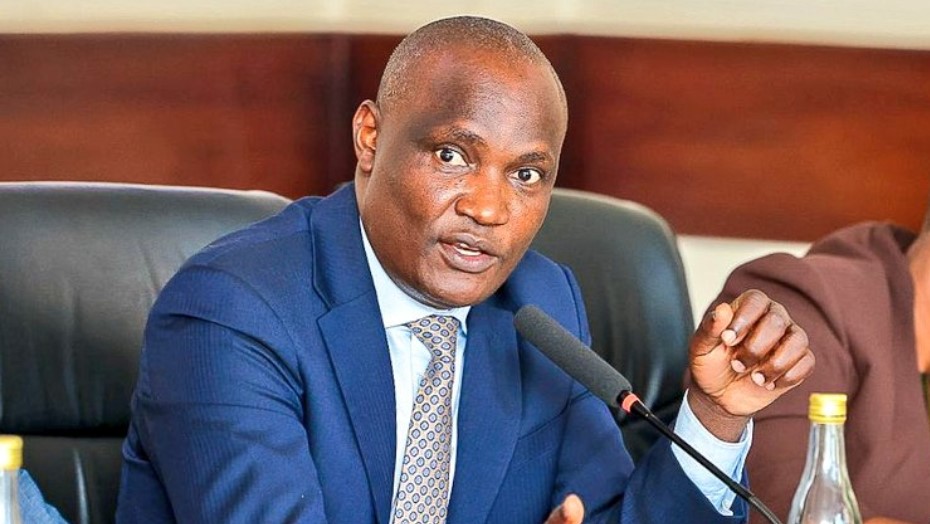The National Treasury has accelerated plans to sell a majority stake in Kenya Pipeline Company (KPC) as it seeks to raise Ksh100 billion to ease mounting financial pressure. The move comes as the government struggles to access funds from development partners and development finance institutions, prompting a shift toward privatization of profitable state corporations.
Under the plan, the government intends to offload between 60 and 65 percent of its shareholding in KPC through an initial public offering on the Nairobi Securities Exchange (NSE). The Treasury will retain approximately 35 percent of the parastatal, ensuring a level of state control while opening up the majority stake to public and institutional investors.
KPC, which manages the country’s petroleum pipeline infrastructure, is among Kenya’s most lucrative state-owned enterprises. Its asset base is valued at Ksh120.7 billion, and it posted a profit of nearly Ksh6.9 billion for the financial year ending June 2024. Despite this, the Treasury only receives an annual dividend of about Ksh3-4 billion, an amount considered low relative to KPC’s profitability. By selling a larger share, the government hopes to unlock more immediate value from the company.
The Cabinet gave the green light for the sale on July 29, 2025, reinstating KPC into the national privatization programme. This would mark the biggest initial public offering on NSE in over a decade and is expected to attract both local and foreign investors.
ALSO READ:
Gov’t targets Narok, Bomet, Kericho and Nandi counties in coffee revival campaign
The push to sell comes at a time when the government is experiencing a significant budget shortfall. External financing from development partners has been delayed or scaled down, forcing the Treasury to explore alternative funding mechanisms. The proceeds from the sale are expected to provide much-needed liquidity to sustain essential services and meet recurrent expenditures.
While the government sees the sale as a timely intervention to stabilize the economy, the decision is likely to generate debate due to KPC’s strategic importance in national fuel supply and infrastructure. Questions have already emerged over the wisdom of selling a majority stake in a critical asset, especially during a period of financial distress when its valuation may not fully reflect its long-term value.
Nonetheless, the Treasury insists the initial public offering will be transparent, inclusive and structured to allow broader Kenyan participation. By opening up investment to the public, the government aims not only to raise revenue but also to deepen capital markets and improve the performance of public enterprises through private sector discipline.
The process is now underway, with preparatory work for the offering ongoing. If successful, the KPC sale could set a precedent for other state corporations identified for partial privatization, including Kenya Electricity Generating Company (KenGen), Kenya Ports Authority (KPA) and Kenya Airports Authority (KAA).
By Benedict Aoya
Get more stories from our website: Sacco Review.
For comments and clarifications, write to: Saccoreview@
Kindly follow us via our social media pages on Facebook: Sacco Review Newspaper for timely updates
Stay ahead of the pack! Grab the latest Sacco Review newspaper!



